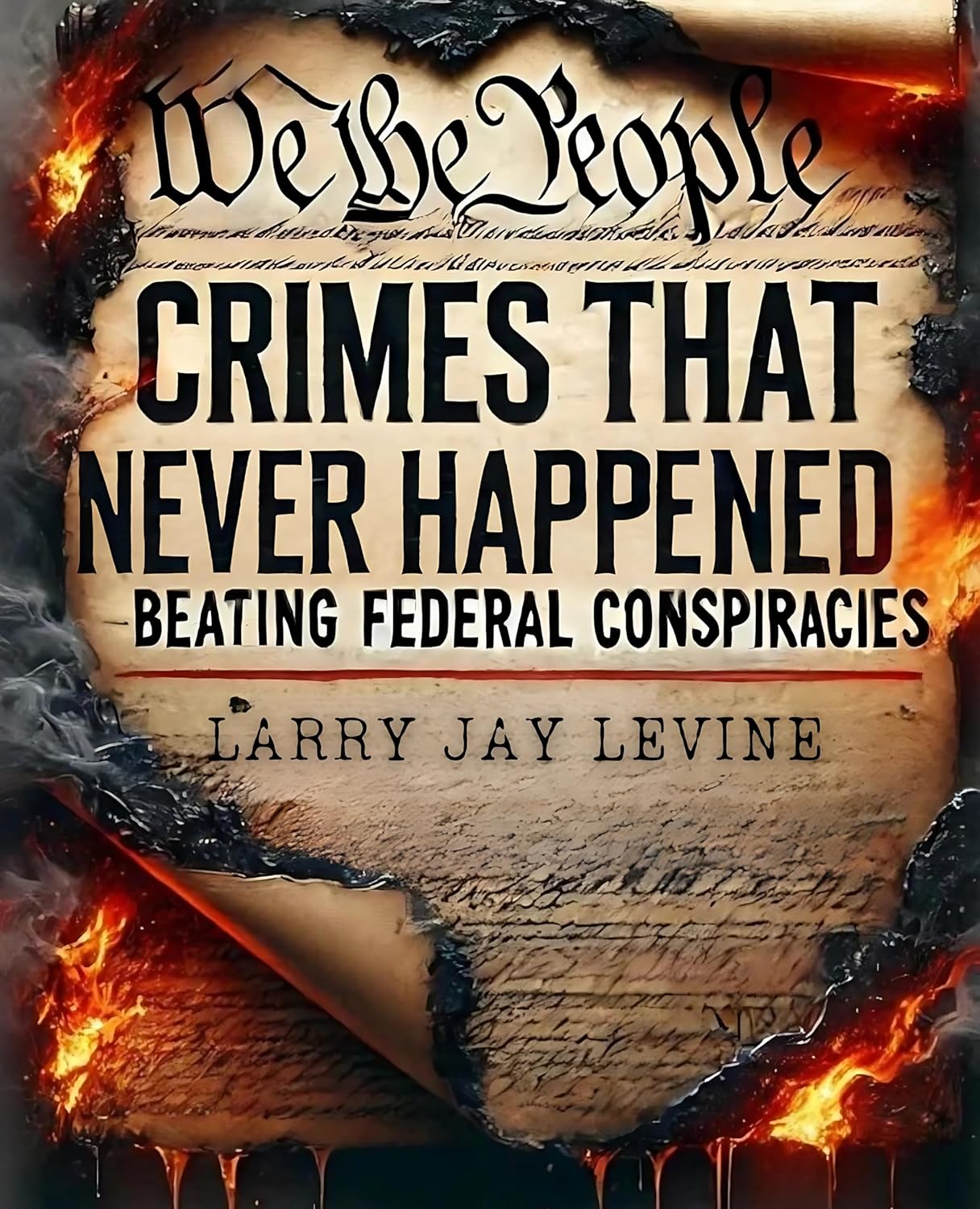What Is the US Postal Inspection Service
The U.S. Postal Inspection Service (USPIS) is the law enforcement and security arm of the United States Postal Service (USPS). As one of the nation’s oldest federal law enforcement agencies—founded in 1775—USPIS is responsible for protecting the integrity of the U.S. mail system and investigating crimes such as mail fraud and those that involve the misuse of postal services.
USPIS agents, known as Postal Inspectors, have full federal authority to investigate, arrest, and carry firearms. Their mission extends beyond mail-related crimes to include fraud, identity theft, money laundering, drug trafficking, and cybercrime connected to the U.S. postal system.
Under Investigation by Postal Inspectors? Don’t Wait.
If you’re being investigated by the Postal Inspection Service, it’s not just about mail—they’re building a case that likely involves serious federal charges. USPIS agents are highly trained in financial crimes, surveillance, and forensic investigations. They don’t pursue cases unless they’re confident in securing a conviction.
How White Collar Advisory Group Can Help You
That’s where White Collar Advisory Group comes in. We prepare criminal defendants in dealing with the federal court system and while attorneys focuses on courtroom strategy, we focus on protecting your future by preparing you for the realities of federal prosecution and prison life.
Our services go beyond legal defense—we focus on what comes next:
- Sentencing Preparation: Learn how to present yourself effectively to mitigate sentencing outcomes, including strategies for the Presentence Investigation Report (PSR).
- Prison Consulting: Guidance on navigating the federal prison system, from security classifications to daily survival strategies.
- Sentence Reduction Strategies: Advice on qualifying for programs like RDAP, compassionate release, and sentence mitigation tactics.
- Post-Conviction Support: Assistance with halfway house placement, supervised release, and reentry strategies after prison.
We’ve helped countless clients navigate the federal system, and we’re ready to help you.
Contact Us Now
📧 Email: help@whitecollaradvisorygroup.com
📞 Phone: 480-745-2000`
Self Help Books by Larry Levine
 |
 |
Key Areas the Postal Inspection Service Investigates
While USPIS focuses on crimes involving the postal system, its reach extends far beyond simple mail theft. The agency investigates a wide range of federal offenses, especially those related to fraud, financial crimes, and public safety.
📦 1. Mail Fraud (18 U.S.C. § 1341)
- Fraudulent Schemes: Using the U.S. mail to carry out scams, such as Ponzi schemes, lottery scams, and investment fraud.
- Fake Invoices and Billing Scams: Sending fraudulent bills or invoices to businesses or individuals.
- Phishing & Identity Fraud: Delivering fraudulent documents to steal personal or financial information.
💳 2. Financial Crimes
- Credit Card Fraud: Involving stolen or counterfeit cards used through postal channels.
- Check Fraud: Altering, forging, or counterfeiting checks sent via mail.
- Money Laundering: Using postal services to move illicit funds disguised as legitimate transactions.
🚚 3. Drug Trafficking
- Narcotics in the Mail: Intercepting illegal drug shipments sent through USPS, often linked to domestic and international drug rings.
- Dark Web Investigations: Targeting criminal networks that use the postal system to distribute illegal substances purchased online.
🕵️ 4. Cybercrime
- Online Fraud with Postal Links: Investigating cybercrimes like phishing, e-commerce fraud, and data breaches that involve the misuse of USPS services.
- Ransomware & Digital Extortion: Cases where criminals demand ransoms with instructions facilitated through the mail.
⚠️ 5. Threats Against Postal Employees and Facilities
- Postal Facility Crimes: Investigating attacks, threats, or dangerous substances sent to postal facilities or employees.
- Mail Bombs and Hazardous Materials: Responding to incidents involving explosives, biological threats, or other hazardous materials sent through the mail.
How the Postal Inspection Service Conducts Investigations
USPIS agents are known for their methodical, evidence-driven investigations, often working alongside other federal agencies like the ATF, FBI, DEA, Homeland Security, the Secret Service and Department of Justice (DOJ). Their investigative techniques include:
- Surveillance Operations: Both physical and electronic surveillance of suspects involved in mail-related crimes.
- Forensic Document Analysis: Examining handwriting, postmarks, and paper trails to trace fraudulent documents.
- Financial Forensics: Tracing money trails in fraud schemes, including bank transactions linked to mail-based crimes.
- Controlled Deliveries: Using undercover operations to monitor and intercept suspicious packages.
- Subpoena Power: Obtaining postal records, financial documents, and surveillance footage to support investigations.
USPIS also operates specialized units focused on cybercrime, narcotics, and counterterrorism, reflecting the evolving nature of threats that exploit the postal system.
Penalties for Crimes Investigated by the Postal Inspection Service
The Federal Crimes investigated by USPIS carry severe federal penalties, especially when linked to fraud, drug trafficking, or organized crime. Common penalties include:
- Mail Fraud (18 U.S.C. § 1341): Up to 20 years in federal prison, or 30 years if the fraud involves a financial institution.
- Identity Theft (18 U.S.C. § 1028): Up to 15 years in prison and mandatory restitution to victims.
- Drug Trafficking (21 U.S.C. § 841): Penalties ranging from 5 years to life in prison, depending on drug type and quantity.
- Money Laundering (18 U.S.C. § 1956): Up to 20 years in prison and fines of up to $500,000 or double the value of the laundered money.
- Threats to Postal Employees (18 U.S.C. § 871): Up to 5 years in prison for making threats against postal workers or facilities.
Federal sentencing follows the U.S. Sentencing Guidelines, with factors like the financial loss, number of victims, and sophistication of the crime influencing the outcome.
Common Defense Strategies in USPIS Investigations
Facing a Postal Inspection Service investigation can be overwhelming, but several defense strategies may be effective depending on the case:
- Lack of Intent: Proving that the defendant did not knowingly commit fraud or a related crime, which is critical in mail fraud cases.
- Mistaken Identity: Demonstrating that the defendant was wrongly identified, especially in cases involving package deliveries or online transactions.
- Insufficient Evidence: Challenging the reliability or admissibility of evidence, such as surveillance footage or intercepted mail.
- Fourth Amendment Violations: Suppressing evidence obtained through unlawful searches or seizures without proper warrants.
- Good Faith Defense: Arguing that the defendant believed the business transactions or mail communications were legitimate.
An effective defense requires early legal intervention, detailed case analysis, and strategic planning to counter the prosecution’s case.
Frequently Asked Questions About the Postal Inspection Service
Does the Postal Inspection Service only investigate mail theft?
No. USPIS investigates a wide range of crimes, including mail fraud, identity theft, financial crimes, and drug trafficking when these crimes involve the misuse of postal services.
How do I know if I’m under investigation by USPIS?
Signs include receiving a subpoena, being contacted by a Postal Inspector, or noticing that your mail has been intercepted. If agents visit your home or workplace, consult an attorney immediately.
Can Postal Inspectors make arrests?
Yes. Postal Inspectors are federal law enforcement officers with the authority to carry firearms, execute search warrants, and make arrests for federal crimes.
Should I cooperate if contacted by a Postal Inspector?
No. You should never speak to federal agents without legal representation. Even seemingly innocent statements can be used against you in court. Always consult with an attorney first.

